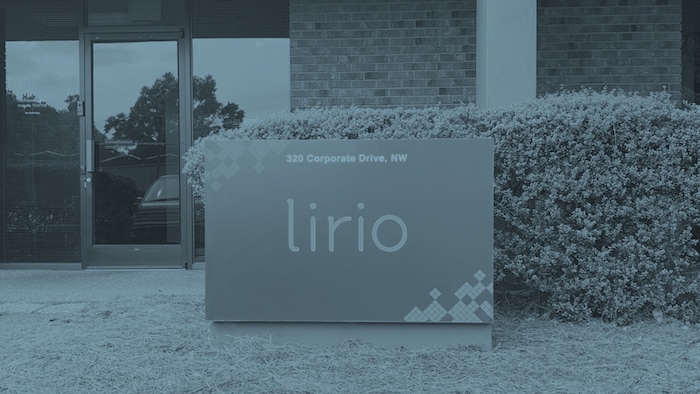2.5-minute read
Every October, pink ribbons appear across all facets of our lives. We see them on food labels, internet ads, social media channels, and beyond. It’s Breast Cancer Awareness Month, and the ribbons are widely recognized reminders to do one simple thing:
Care about breast cancer.
If the message is clear, and we know that breast cancer can kill, then why do so many women avoid getting a mammogram?
In a recent breast screening campaign, Lirio captured feedback from women ages 40 and up who were due for a mammogram to better understand why they chose not to schedule an appointment. Our campaign revealed some unexpected truths about what really gets between a woman and her mammogram.
Why Many Women Don’t Get Mammograms
We know that decision-making isn’t always rational. This is especially true for sensitive topics like health, where emotions such as fear tend to get in the way of logic. What our feedback revealed was a prevalent barrier not caused by emotion—one that may be easier to overcome:
Misinformation.
It’s tough to make a rational decision without the facts, and our results showed that many women are unclear about the healthcare recommendations around breast screenings. A woman who lacks the correct information about mammograms can easily be confused about her eligibility.
For example:
- She may not realize mammograms are recommended starting at age 40.
- She may think that, because she had a negative mammogram last year, she’s fine for a few years.
- She may believe that, because she doesn’t have a family history of breast cancer, she doesn’t need a mammogram.
- She may assume screenings are expensive.
Essentially, many women who decline to schedule a mammogram don’t even think they are personally eligible (or highly recommended) to get one. Therefore, a crucial first step in motivating a woman to book a screening is to clarify her need for one. Inform her that she specifically is likely eligible and encouraged to schedule a mammogram.
Personalization is key to getting her attention.
How does this information apply to her?
Why does she need to book an appointment?
It’s also important to provide her with the facts. Once she understands the recommended breast screening practices and how they apply to her, she will be more motivated to sustain regular screenings. Educating her also empowers her to tune out misinformation and to share accurate information with others.
Changing Behavior To Boost Mammograms
Beyond personalization and accurate information, we pinpointed some other key factors that can help motivate more women to schedule screenings. Read How To Increase Mammogram Sign-Ups to find out how communicating regularly, removing barriers, and framing your messages wisely can help boost screenings.
